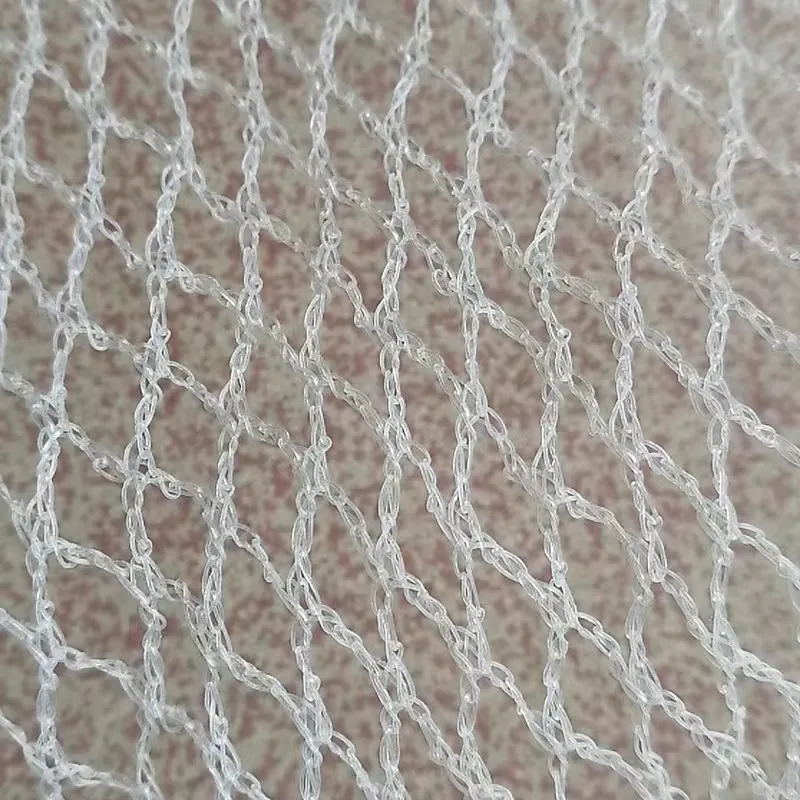-
 Afrikaans
Afrikaans -
 Albanian
Albanian -
 Amharic
Amharic -
 Arabic
Arabic -
 Armenian
Armenian -
 Azerbaijani
Azerbaijani -
 Basque
Basque -
 Belarusian
Belarusian -
 Bengali
Bengali -
 Bosnian
Bosnian -
 Bulgarian
Bulgarian -
 Catalan
Catalan -
 Cebuano
Cebuano -
 China
China -
 Corsican
Corsican -
 Croatian
Croatian -
 Czech
Czech -
 Danish
Danish -
 Dutch
Dutch -
 English
English -
 Esperanto
Esperanto -
 Estonian
Estonian -
 Finnish
Finnish -
 French
French -
 Frisian
Frisian -
 Galician
Galician -
 Georgian
Georgian -
 German
German -
 Greek
Greek -
 Gujarati
Gujarati -
 Haitian Creole
Haitian Creole -
 hausa
hausa -
 hawaiian
hawaiian -
 Hebrew
Hebrew -
 Hindi
Hindi -
 Miao
Miao -
 Hungarian
Hungarian -
 Icelandic
Icelandic -
 igbo
igbo -
 Indonesian
Indonesian -
 irish
irish -
 Italian
Italian -
 Japanese
Japanese -
 Javanese
Javanese -
 Kannada
Kannada -
 kazakh
kazakh -
 Khmer
Khmer -
 Rwandese
Rwandese -
 Korean
Korean -
 Kurdish
Kurdish -
 Kyrgyz
Kyrgyz -
 Lao
Lao -
 Latin
Latin -
 Latvian
Latvian -
 Lithuanian
Lithuanian -
 Luxembourgish
Luxembourgish -
 Macedonian
Macedonian -
 Malgashi
Malgashi -
 Malay
Malay -
 Malayalam
Malayalam -
 Maltese
Maltese -
 Maori
Maori -
 Marathi
Marathi -
 Mongolian
Mongolian -
 Myanmar
Myanmar -
 Nepali
Nepali -
 Norwegian
Norwegian -
 Norwegian
Norwegian -
 Occitan
Occitan -
 Pashto
Pashto -
 Persian
Persian -
 Polish
Polish -
 Portuguese
Portuguese -
 Punjabi
Punjabi -
 Romanian
Romanian -
 Russian
Russian -
 Samoan
Samoan -
 Scottish Gaelic
Scottish Gaelic -
 Serbian
Serbian -
 Sesotho
Sesotho -
 Shona
Shona -
 Sindhi
Sindhi -
 Sinhala
Sinhala -
 Slovak
Slovak -
 Slovenian
Slovenian -
 Somali
Somali -
 Spanish
Spanish -
 Sundanese
Sundanese -
 Swahili
Swahili -
 Swedish
Swedish -
 Tagalog
Tagalog -
 Tajik
Tajik -
 Tamil
Tamil -
 Tatar
Tatar -
 Telugu
Telugu -
 Thai
Thai -
 Turkish
Turkish -
 Turkmen
Turkmen -
 Ukrainian
Ukrainian -
 Urdu
Urdu -
 Uighur
Uighur -
 Uzbek
Uzbek -
 Vietnamese
Vietnamese -
 Welsh
Welsh -
 Bantu
Bantu -
 Yiddish
Yiddish -
 Yoruba
Yoruba -
 Zulu
Zulu
Advancements in Mesh Manufacturing Techniques for Enhanced Industrial Applications
The Evolution and Impact of Mesh Manufacturing
In recent years, mesh manufacturing has emerged as a pivotal process across various industries, driven by advancements in technology and increasing demand for lightweight, durable materials. This innovation encompasses a broad range of applications, from construction and automotive to medical devices and aerospace. The versatility and efficiency of mesh materials offer unique solutions that traditional manufacturing methods cannot provide.
Understanding Mesh Manufacturing
Mesh manufacturing involves creating a structure composed of interconnected strands, sheets, or wires, which can vary in shape, size, and material composition. The fundamental principle behind mesh is the combination of strength and flexibility, allowing it to be used in applications ranging from filtration systems to architectural facades. Various methods, including weaving, welding, and additive manufacturing, are employed to produce mesh products tailored to specific needs.
Technological Advancements
Recent technological advancements have significantly enhanced mesh manufacturing processes. The advent of automation and computer-aided design (CAD) has allowed manufacturers to create intricate designs with precision and efficiency. Additionally, 3D printing technology has revolutionized the production of complex mesh structures that would be challenging to achieve using traditional methods. This development not only reduces waste but also opens up new avenues for customization, yielding products that better meet the unique requirements of various applications.
Applications Across Industries
Mesh manufacturing plays a crucial role in multiple sectors. In the construction industry, mesh materials are used in reinforced concrete, providing structural integrity and durability to buildings and infrastructures. In the automotive sector, mesh components are utilized for heat exchangers, filters, and sound dampening materials, contributing to both vehicle performance and comfort.
mesh manufacturing

In the medical field, mesh is increasingly being employed in surgical applications, such as hernia repairs and tissue engineering. The biocompatibility of certain mesh materials, such as polypropylene and polyester, allows for their integration into the human body without adverse reactions. Furthermore, mesh is used in wound care and drug delivery systems, showcasing its versatility and life-saving potential.
In the realm of filtration, mesh technology is indispensable. Industries such as water treatment, pharmaceuticals, and food processing rely on mesh filters to separate solids from liquids, ensuring product purity and safety. The design of mesh filters can be optimized to capture specific particle sizes, enabling efficiency and effectiveness in various applications.
Sustainability and Future Trends
As the global focus shifts towards sustainability, mesh manufacturing is well-positioned to contribute to eco-friendly practices. The ability to design lightweight and durable materials leads to energy savings during transportation and usage. Furthermore, the potential for recycling and repurposing mesh products aligns with circular economy principles, reducing environmental impact.
Future trends in mesh manufacturing are likely to focus on enhancing material properties and exploration of new applications. Innovative materials such as graphene and bio-based composites are being studied for their mesh potential, promising even greater strength-to-weight ratios and sustainability. Additionally, the integration of smart technology, such as sensors within mesh structures, could pave the way for new functionalities in construction, healthcare, and beyond.
Conclusion
In essence, mesh manufacturing represents a dynamic intersection of technology and engineering that continues to evolve and impact various industries. Its versatility, efficiency, and potential for sustainability highlight its importance in addressing modern challenges. As innovations in materials and processes progress, the future of mesh manufacturing looks promising, leading to enhanced solutions that cater to an increasingly complex world. The ongoing commitment to innovation and sustainability will ensure that mesh manufacturing remains a cornerstone of modern manufacturing practices.
-
Shipping Plastic Bags for Every NeedNewsJul.24,2025
-
Safety Netting: Your Shield in ConstructionNewsJul.24,2025
-
Plastic Mesh Netting for Everyday UseNewsJul.24,2025
-
Nylon Netting for Every UseNewsJul.24,2025
-
Mesh Breeder Box for Fish TanksNewsJul.24,2025
-
Expanded Steel Mesh Offers Durable VersatilityNewsJul.24,2025











